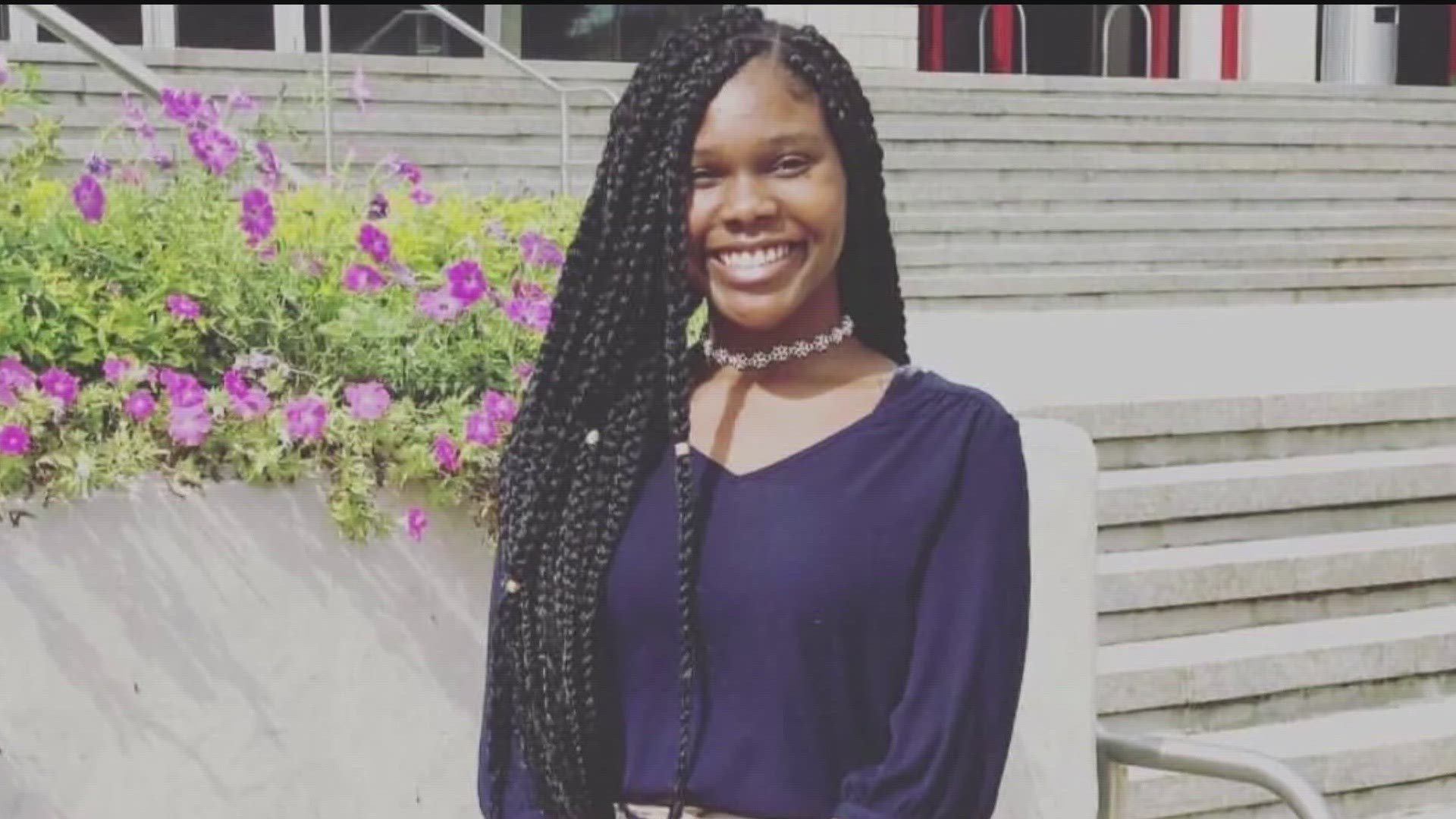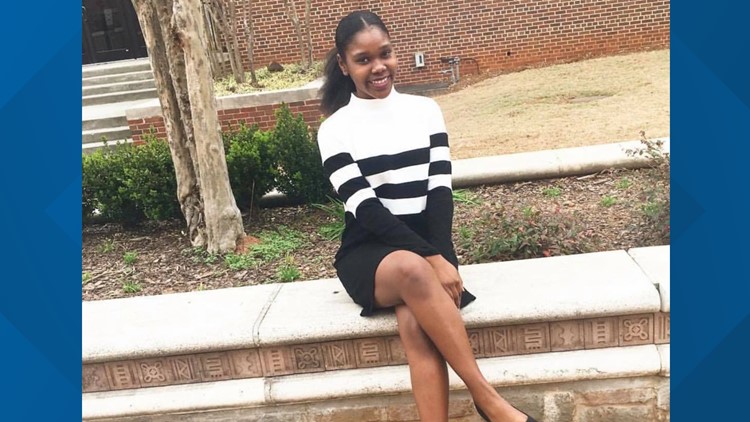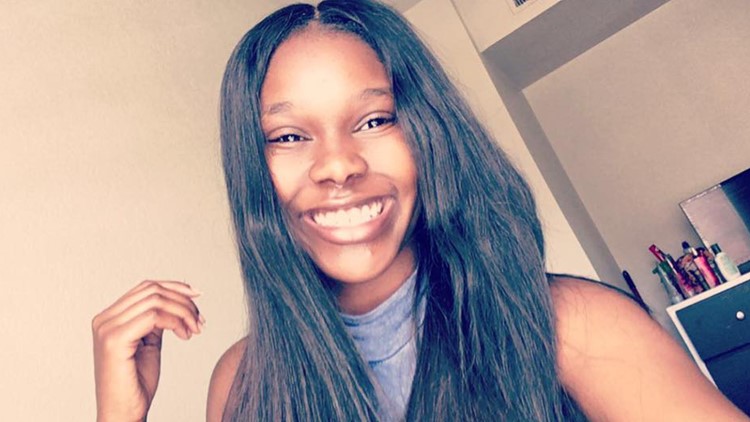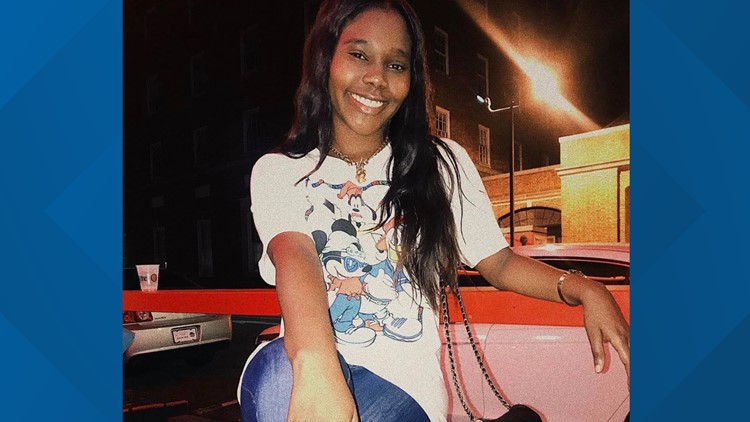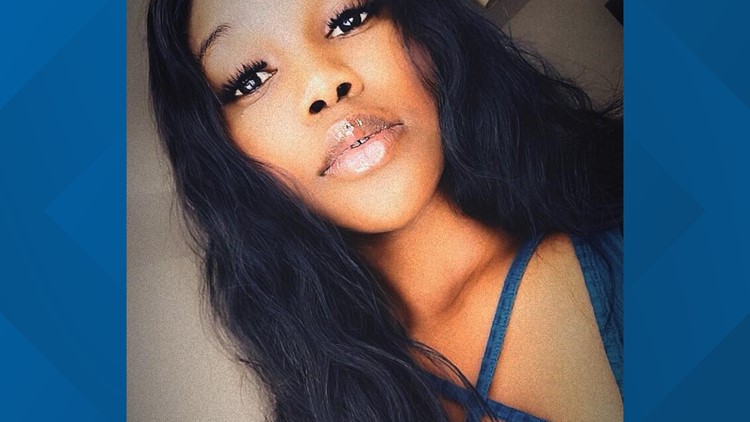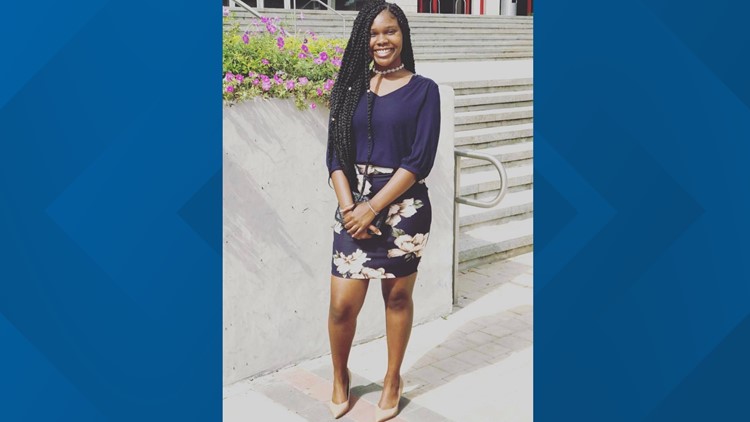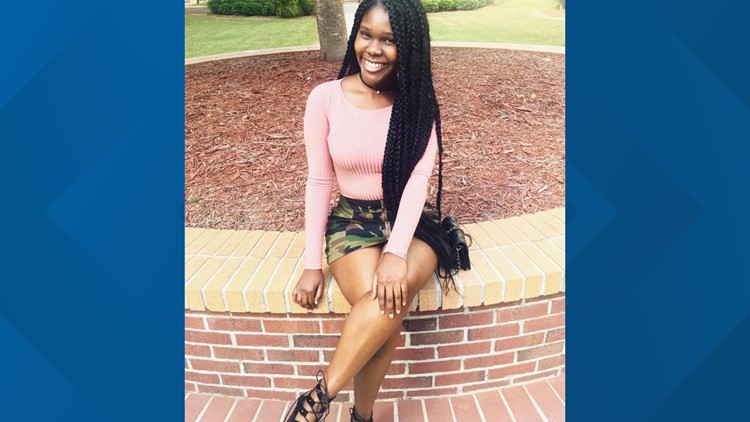ATLANTA — The murder case in the 2019 killing of Clark Atlanta University student Alexis Crawford - allegedly by her roommate and close friend, Jordyn Jones, and Jones' then-boyfriend Barron Brantley - is now roughly three-and-a-half years old, and continues to wind slowly through the judicial system.
The latest court proceeding Friday saw Brantley make a brief appearance before a judge, with a scheduled bond hearing being postponed because his defense attorney is currently occupied by another trial.
The hearing nonetheless touched on some pertinent developments in the case that have occurred in the last few months.

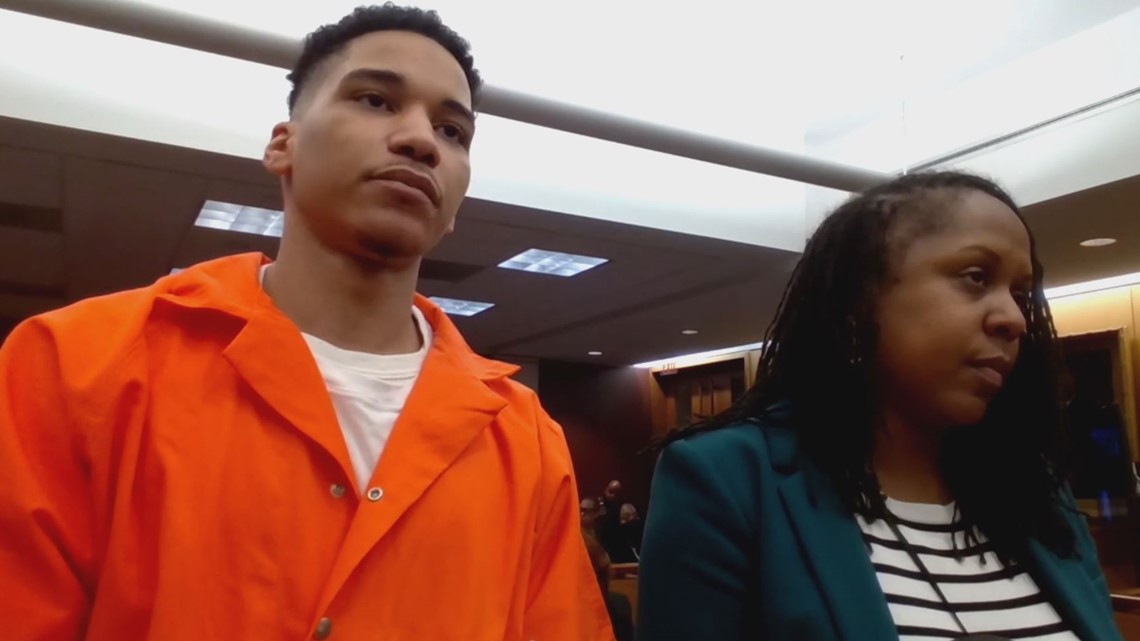
Here's a general overview of where the Alexis Crawford murder case stands:
Alexis Crawford case update
- A confession given by Brantley to investigators shortly after his arrest cannot be used by prosecutors.
This is a major development. The issue was first brought before the court in May 2022, then the case was re-indicted in June last year.
On Jan. 27, Judge Belinda Edwards delivered her decision: The prosecution may not use the confession.
Judge Edwards ruled, essentially, that the confession had not been freely given and that his Miranda rights were insufficiently given.
The judge outlined how on the day Brantley gave his confession, there was reason to suspect he was under the influence of drugs and could not provide a "knowing and intelligent" waiver of his Miranda rights.
"Defendant was never asked whether he was under the influence, or when he had last used drugs, although he informed the officers that he was a drug user," the judge wrote in her order.
The order also stated Brantley's odd behavior as he spoke to detectives - including asking officers for a hug, intense chain smoking and needing lean on a car to avoid falling down - "corroborates his testimony that he was under the influence of drugs to such an extent that he was unable to understand and appreciate his rights and the consequences of waiving those rights."
And, the judge noted, detectives used language with Brantley to imply "that an admission, coupled with a show of remorse, would result in a lesser punishment."
"An admissible confession must be made voluntarily, without being induced by the slightest hope of benefit or the remotest fear of injury, and the State has the burden of proving the voluntariness of a statement by a preponderance of the evidence," Judge Edwards wrote. "Implying that a show of remorse would result in a lesser punishment constitutes a hope of benefit."
According to a detective who testified at a preliminary hearing in November 2019, Brantley had "admitted to choking Alexis, Ms. Crawford, and while he was choking Ms. Crawford, Jordyn Jones put a plastic bag over her head."
The detective further testified that Brantley told him he knew Crawford was dead because she stopped breathing after she'd been "struggling to breath and she had sounds of agony."
Jones has also admitted parts of her role in the killing, according to detectives.

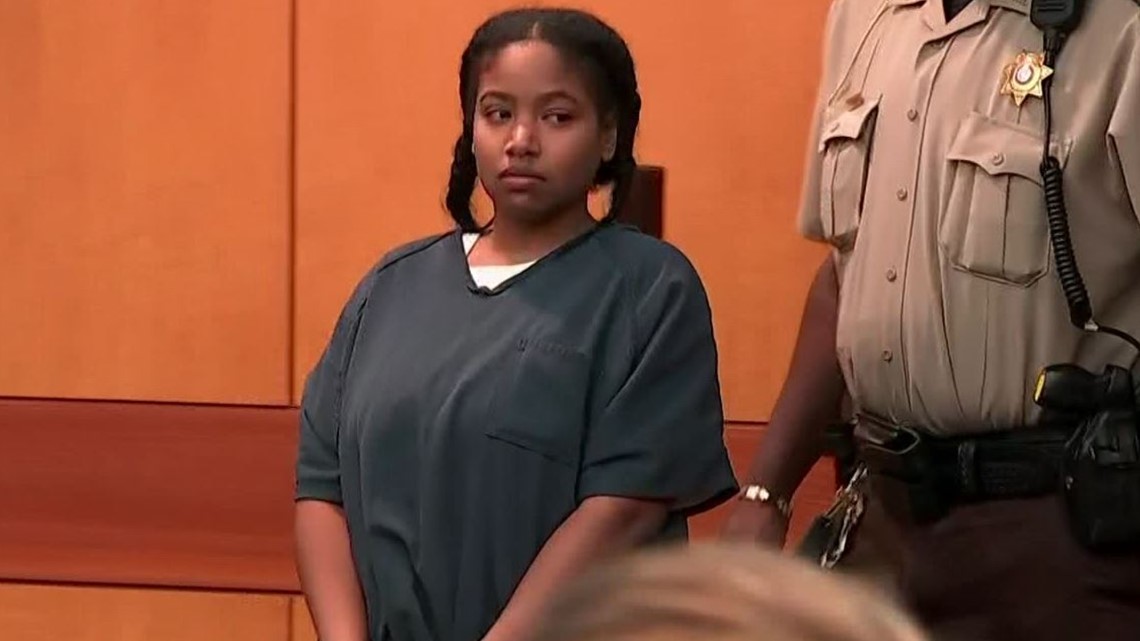
- The prosecution is appealing that order.
An appeal was filed by the prosecution to the Georgia Supreme Court on Feb. 17. It so far has not appeared on the Georgia Supreme Court's docket.
That appeal - further prolonging the case - served as the basis for the new motion for bond and the bond hearing that was to take place on Friday. The motion for bond was made Feb. 27.
However, Brantley's attorney filed for a continuance (a delay) of the hearing on March 8, citing her involvement in another, currently active trial. The defense attorney present with Brantley requested March 24 for the bond hearing.
It's not clear when or if the Georgia Supreme Court will take up the appeal.
- The prosecution will be able to use hearsay evidence at trial.
This order was issued on Feb. 6.
A motion to admit hearsay evidence filed by prosecutors in July of last year outlines how prosecutors want to bring the alleged rape of Crawford by Brantley, prior to her killing, into the case as part of their theory that: "Defendant Jones was trying to persuade the victim to drop the allegation. When the victim refused, Defendant Brantley and Defendant Jones killed her, tried to hide her body in the woods, and then cover their tracks with lies and deception."
They want to use the testimony of three people to whom Crawford described the rape.
Judge Edwards, with her order, will allow that.
Photos: Alexis Crawford

